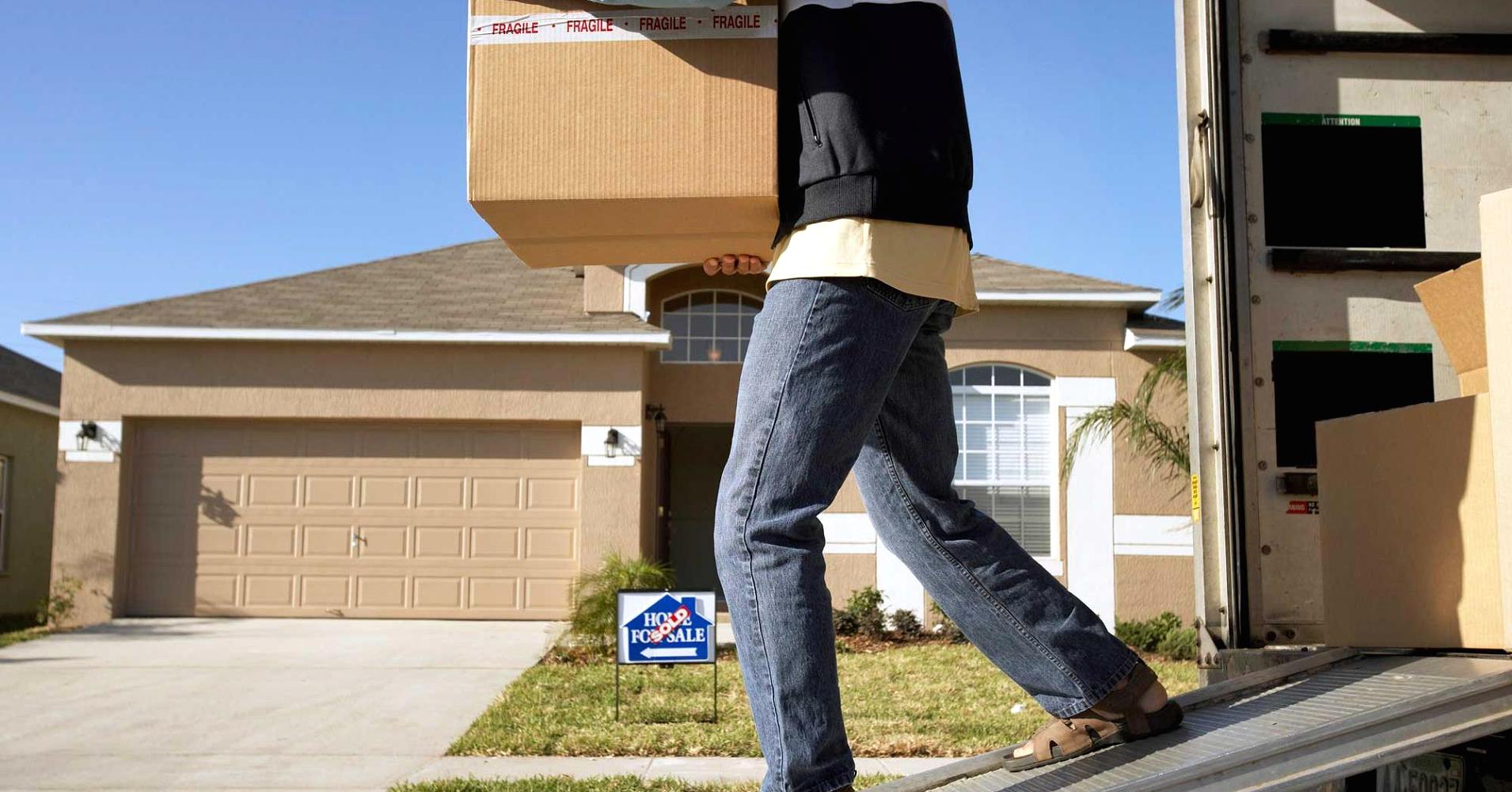
If you’re ready to buy but you can’t afford a full 20 percent down payment, it doesn’t mean home-ownership is out of the question. The key thing to focus on isn’t how much you can put down, it’s making sure that you’re not getting in over your head financially.
One of the biggest mistakes you can make is taking on more debt than you can handle, AJ Smith, VP of financial education at SmartAsset, tells CNBC Make It.
Numerous factors go into the total cost of buying a place. In addition to the down payment, you also need to factor in closing costs, insurance fees, property taxes and repairs and maintenance. And if you’re purchasing with less than a 20 percent down payment, you’ll need to factor in private mortgage insurance as well, which can drastically affect the amount of your monthly mortgage payments.
Smith suggests taking a hard look at the numbers. “It’s really good to have a handle on your personal financial situation at the time,” she says. “What your budget looks like, what you feel comfortable with, what not having that 20 percent down will do to your monthly mortgage payment.”
How much will PMI increase your monthly costs? Would you have to deplete your entire savings to put a full 20 percent down? What are your other housing options if you don’t buy right now?
Experts generally recommend spending no spend more than 30 percent of your gross monthly income on housing, Smith says. But outside of that, the amount of debt you can handle depends on a host of other factors.
“It’s really what you’re comfortable with, how secure you are in your job, how much savings you’ll have left over,” Smith says. “It’s a good idea not to deplete your savings for that down payment and those upfront costs because you do want to maintain that emergency fund in case something were to happen.”
You never know when your car could need repairs or an unexpected medical expense might crop up. Buying a home should never put you so far into debt that you’re unable to cover basic emergencies.
In fact, Eric Roberge, a CFP and founder of Beyond Your Hammock, calls depleting your emergency fund the biggest mistake you can make while saving to buy a home.
“Scraping by is no way to live your life and, although it may feel like it, buying a home will not magically make your life better,” he tells CNBC Make It. “Just like anything else, you will get over the new home feeling and sink back into normal life.”
You should maintain an emergency fund that’s liquid and accessible and has enough in it to cover six months of living expenses. Even if you feel emotionally ready to take on the responsibility of owning your own place, if it means you’d be scraping by, it’s better to hold off until you’re in a more stable position.
As Smith says, “it’s definitely a good idea to think the whole decision through, the whole big picture, not just ‘Well, today I have enough for the down payment.'”
Take the time to calculate how buying will affect other financial goals, such as retirement or college funds. That will give you a better picture of how much debt you can afford to take on right now. After all, “there’s a bigger financial picture to be thinking about,” and buying a place is just “one piece of it,” Smith says.
Don’t miss: You need to earn $418,000 to buy a home in NYC—here’s what you need in other major US cities
Like this story? Like CNBC Make It on Facebook!

